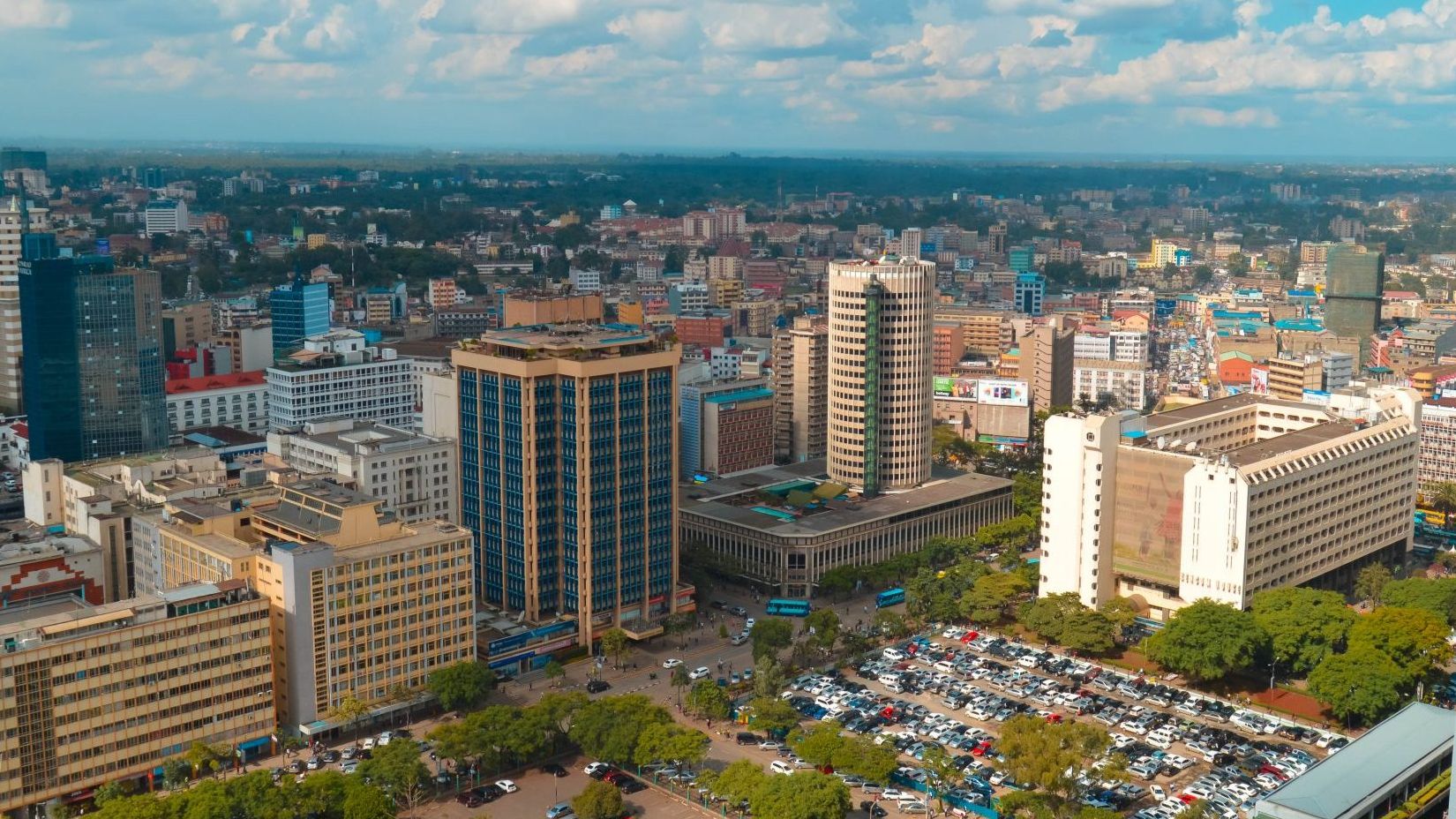As part of the process of reformation of the electricity sector in Nigeria, the Nigerian Electricity Regulatory Commission (NERC) pursuant to the powers conferred on it by section 230 of the Electricity Act 2023, issued orders for the transfer of regulatory oversight of the electricity market from NERC to the Edo, Oyo, Enugu, Imo, Ekiti, and Ondo State Electricity Regulatory Commission (SERC).
Insight type: Legal Alert
SEC Grants Approvals in Principle to VASPs in Nigeria
The Nigerian virtual asset and cryptocurrency space has been the subject of regulatory scrutiny in recent times. The Securities and Exchange Commission (SEC or the Commission) is keen to ensure the safety of investors in the space, while encouraging innovation. To achieve this objective, the SEC has undertaken several actions this year.
Assessing the Implementation of the Kenya-EU EPA and Its Broader Economic Impact
The Kenya-EU Economic Partnership Agreement (EPA) officially entered into force, marking a significant milestone in the EU-Kenya Strategic Partnership. The EPA is aimed at boosting trade in goods between Kenya and the European Union (EU) as well as promoting mutual economic development. This legal update delves into the EPA’s background, its effects on Kenya-EU trade, and its relation to commitments within other trading pacts.
Nigerian Court Greenlights Single Shareholder for All Private Companies Limited by Shares
The enactment of the Companies and Allied Matters Act (CAMA) 2020, introduced a significant change in Nigerian corporate law by allowing the registration of private companies with single shareholders. Under the previous law, the incorporation of any company required a minimum of two shareholders.
NBE Issues Directive on Ethiopia’s FX Regime
The National Bank of Ethiopia (NBE) recently unveiled a groundbreaking Foreign Exchange Directive, merging previous directives into a unified and comprehensive document known as Foreign Exchange Directive No. FXD 01/2024 (Foreign Exchange Directive). Dubbed the ‘Green Directive’ by the NBE Governor, this framework brings in several new regulations and flexibilities in the foreign exchange regime, which are anticipated to impact business operations, investment, and financing activities nationwide.
New CBN Guidelines on Bureau De Change Operations and Impact on Fintechs
The Central Bank of Nigeria (CBN) recently issued new Regulatory and Supervisory Guidelines for Bureau de Change (BDC) Operations (the Guidelines). This follows an exposure draft issued for stakeholder input in February 2024. The Guidelines issued on 22 May 2024 supersede the Revised Operational Guidelines for Bureau de Change in Nigeria issued in November 2015.
Supreme Court Rules on Requirement for CS Approval for Increase in Interest Rate
In an important Supreme Court of Kenya decision in the case of Stanbic Bank Kenya Limited v Santowels Limited, Petition No. E0005 of 2023, the court has held that interest rates on loans advanced by banks and financial institutions are subject to the provisions of Section 44 of the Banking Act, Cap 488 (the Banking Act) and as such, banks and financial institutions are required to seek the approval of the Cabinet Secretary responsible for matters relating to Finance (CS) , before increasing interest rates on loans advanced to their customers.
SEC Issues New Framework for Virtual Asset and other Digital Investment Service Providers
The Securities and Exchange Commission (SEC or the Commission) has released a pre-licensing framework for fintechs that operate in the digital assets and investment space. The Commission on 21 June 2024 issued A Framework on Accelerated Regulatory Incubation Program (ARIP) for the Onboarding of Virtual Assets Service Providers (VASPs) and other Digital Investments Service Providers (DISPs) (the ARIP Framework). This follows the proposed major amendment to the Commission’s Rules on the Issuance, Offering Platforms, and Custody of Digital Assets issued on 15 March 2024, which is yet to be finalised.
Finance Bill 2024 Withdrawn
On 26 June 2024, in response to two weeks of widespread anti-tax protests across major towns and cities in Kenya, President William Ruto recently announced, during a press briefing, the withdrawal of the controversial Finance Bill, 2024 (the Bill). Originally published in the Kenya Gazette on 9 May 2024 and subsequently passed by Parliament on 25 June 2024 amidst nationwide demonstrations, the Bill proposed several amendments, including the introduction of VAT on bread and taxes on products such as diapers and sanitary towels, among other significant measures likely to increase the cost of living. For a detailed review of the Bill and the proposed tax measures, please refer to our analysis of the Finance Bill 2024.
Turning the Tide: Kenya’s Ban on Plastic Garbage Bags Signals Shift Towards Sustainable Waste Management
The National Environment Management Authority (NEMA) through a notice dated 8 April 2024 (the Notice) recently announced that all organic waste generated by households, private sectors and public sector institutions, religious institutions, private and public functions, and events shall be strictly segregated and placed in 100% biodegradable garbage bags or bin liners. The Notice requires that all the waste collected as organic waste shall be collected separately (not mixed with other waste types) and should be transported to a designated material recovery facility for further processing. NEMA has directed that the use of conventional plastic garbage bags and bin liners shall cease. The Notice also provides that the County Government and private waste service providers licensed by NEMA must provide their clients with 100% biodegradable garbage bags. The directives set out in the Notice are to be implemented within 90 days of the notice, that is, from 7 July 2024.








